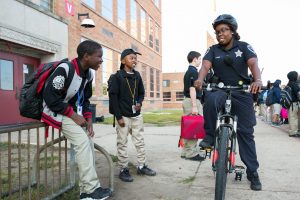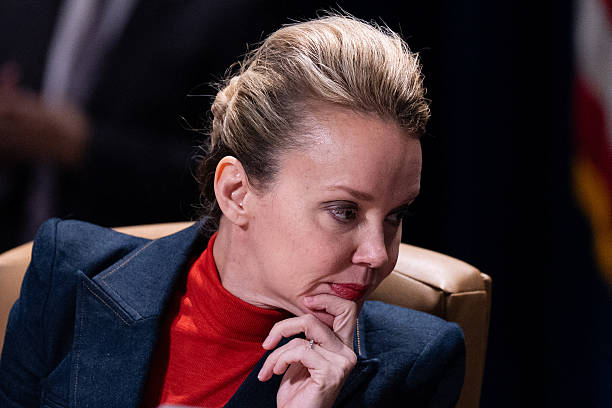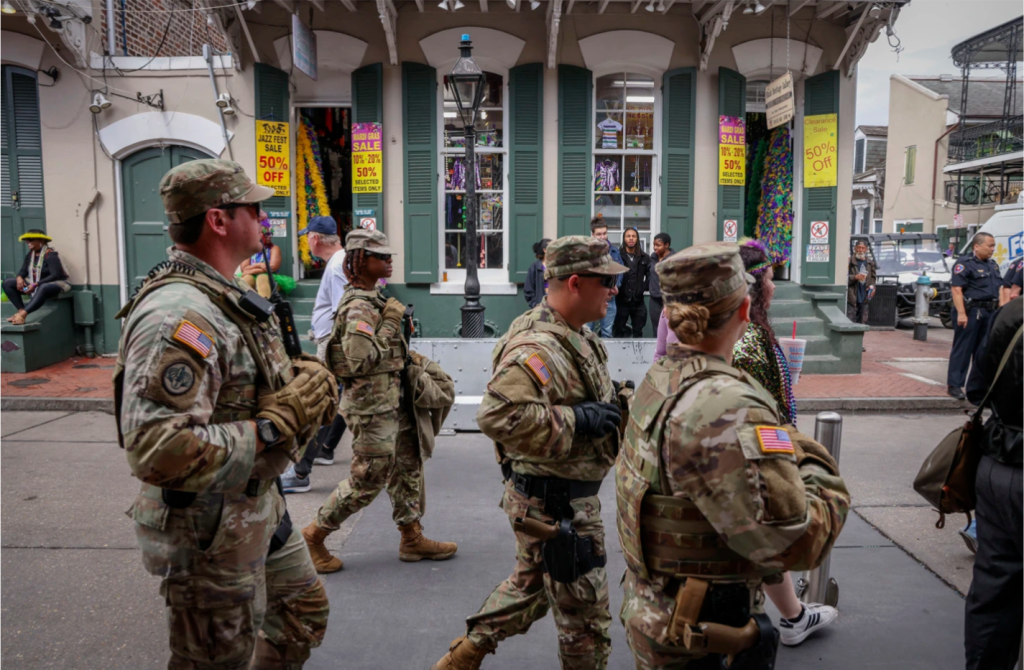(ThySistas.com) According to HBO’s YouTube Channel, in an episode titled Community Policing Problems (Full Segment) | Wyatt Cenac’s Problem Areas | HBO that was published in April 2018 with the following description, “Continuing the season-long focus on policing in America, Wyatt Cenac heads to Illinois where the Elgin Police Department’s Resident Officer program (R.O.P.E.) provides neighborhood housing for officers to build positive relationships in the community. But after the fatal shooting of an Elgin resident, the question becomes: are these community policing efforts just a song and dance? Wyatt Cenac’s Problem Areas now streaming on HBO.”
With every effort for change, there’s going to be some obstacle or adversary that works against change. Unfortunately, a resident of Elgin, IL was fatally shot but it’s not the sum total of failed community policing problems. Just as with any crime no one program can combat and end all criminal activities. The R.O.P.E. program which is mentioned above in the description works if the two entities work together but there will always be someone who will disagree with the outcomes.
Community policing is, “The system of allocating police officers to particular areas so that they become familiar with the local inhabitants.” Allocating or assigning police officers to a particular area is beneficial if that assigned policer officer really has a heart to help that community. The problem is, people have been so conditioned to not trust any law enforcement agencies from negative historical experiences, media outlets and current encounters that have turned deadly, daily within the African American communities. It is the role and responsibility of the assigned police officer to gain trust and rapport with the communities that they are to serve and protect.
In the YouTube video, Wyatt Cenac who is the interviewer in this episode, did not have an open mind to me from the start when interviewing police and other members of the community about community policing. His right to be against community policing is fair in the episode but I didn’t get a feeling of a willingness from him to at least be open to what the “other side” had to say. I could be wrong, but that’s my opinion. In this episode they showed clips of officers playing with the locals or dancing on the steps of their prescient to show a softer, less serious side of themselves, and of course that was a problem.
The one question that kept lingering basically, was: If the officers are dancing or having fun with the local residents, who’s protecting the community? Police officers are first responders but they are not messiahs or the answer to end of criminal or violent activities in any community. Some R.O.P.E. officers are really working hard to build a relationship with their assigned communities and some are just there for free housing and a check. This is no different than any other occupation in America. Again, it falls back on the two entities involved, the officer and the community response to that officer’s efforts.
I’d rather see an officer dancing briefly at my summer cookout, knowing that our community is being served and protected also than not having a police officer patrolling the neighborhood and crime rates steadily increasing because of that. There’s going to be a bad apple in every bunch but that’s no reason to throw away the whole bunch right? Community policing is an ever evolving system because people change, the officers change and communities change all of the time, but it is a system, worth investing in to bring about change overall.
Staff Writer; Felicia T. Simpson
One may also connect with this sister online over at; FTSimpson.com.










Leave a Reply